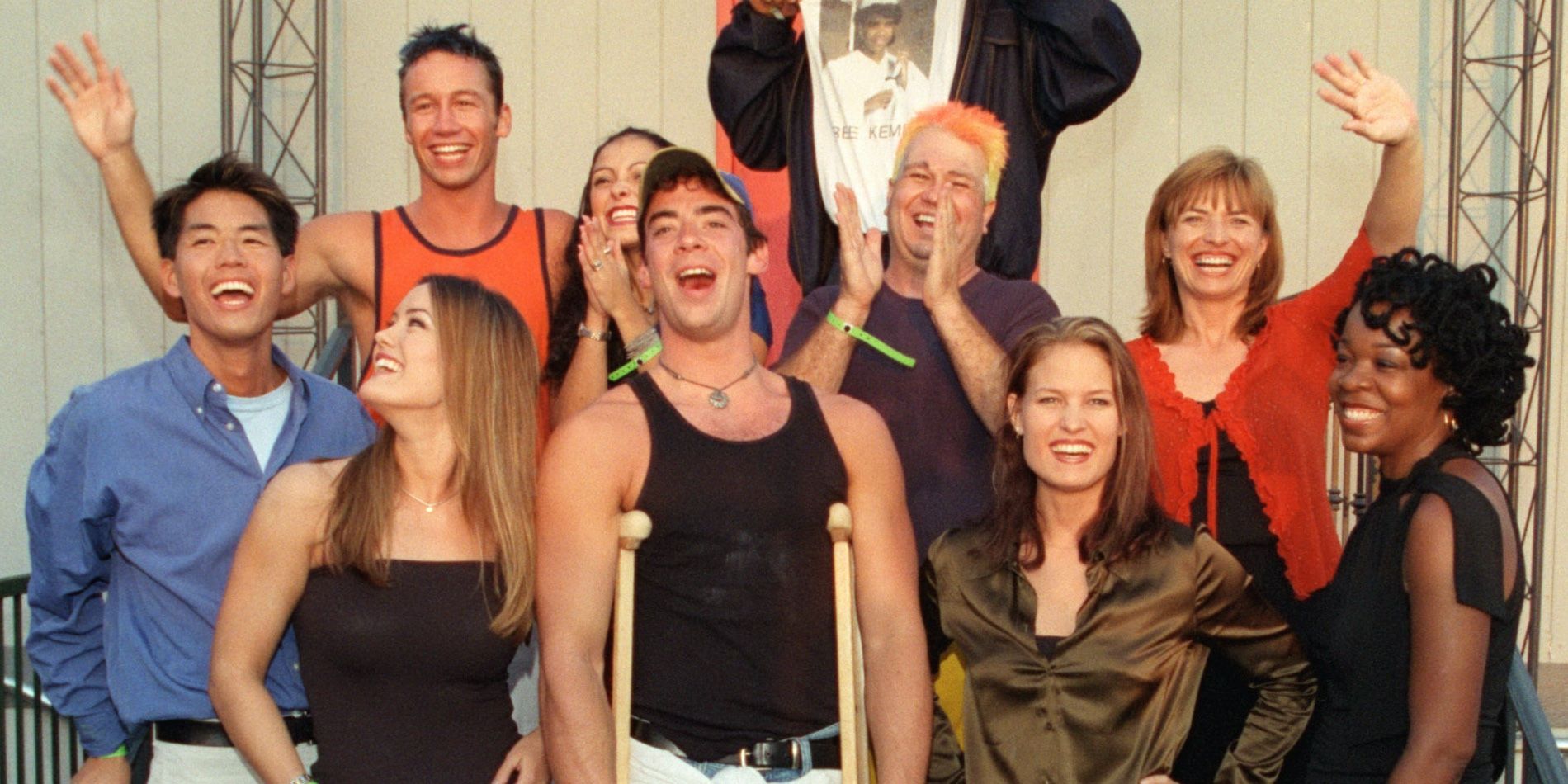When Big Brother 1 premiered on CBS in 2000, the show featured a completely different format from what it has become over the years. Created by John de Mol, the original Big Brother series took place in the Netherlands. However, the Dutch series only lasted six seasons, while several other international editions would go on to air for many decades in other countries. Of note, the show was very successful in countries like the United States, the United Kingdom, Canada, Brazil, Italy, Portugal, and Germany.
In nearly all of its international editions, Big Brother is a competition about the public exercising absolute power over the houseguests on the show. As such, a group of contestants is moved into a house that is surrounded by cameras and microphones. These players must then compete amongst themselves to impress the viewers and earn their votes to stay in the game. This means that BB is just a game of popularity, but examining which contestants win over the public through the years has been a fascinating experiment to measure the ongoing culture in each country over the years.
Considering how successful this format was all over the world, it's not surprising that the first-ever American season of Big Brother followed the same rules. CBS's Big Brother 1 featured a total of 10 houseguests. During every other week, the contestants voted amongst themselves to nominate two or more people who would be "marked for banishment." The public then voted for which of those players at risk of banishment should be eliminated from the show. When only three houseguests were left in the house, the public voted for which person they'd like to win Big Brother and take home the $500,000 grand prize.
That original Big Brother format wasn't successful in the US, so production promptly changed the competition to what it has become today. From BB2 onwards, the houseguests are responsible for making most - or nearly all - of the decisions on the show. It is up to a Head of Household to make two nominations, and then it is up to the houseguests to choose one contestant to be eliminated. The public rarely gets a chance to interfere in the game with votes, and these twists are rarely well-received by the viewers.
Big Brother has surely changed a lot over the years. While there are pros and cons to both the original and the current formats, US fans certainly prefer what the show is nowadays.

